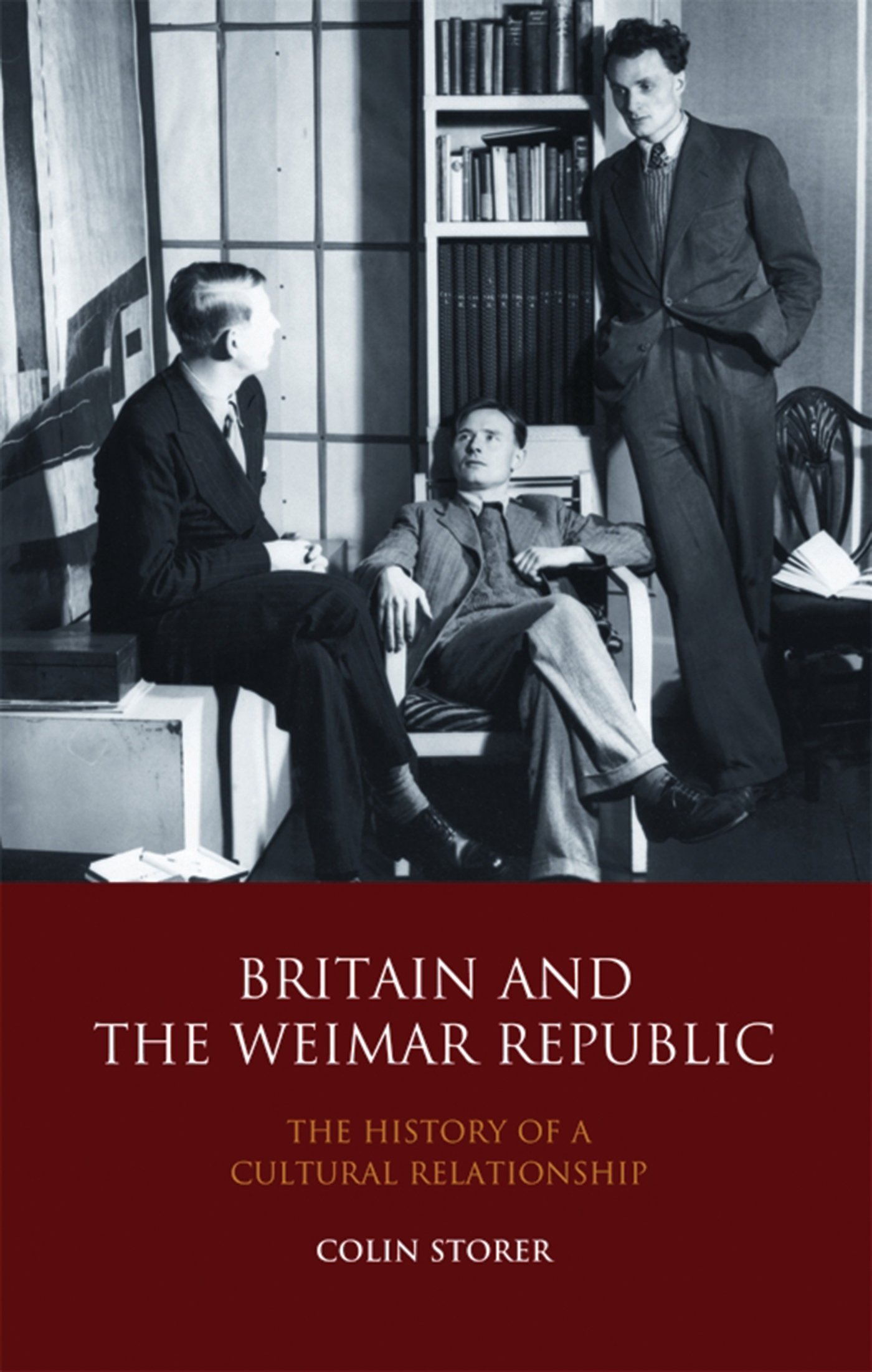Britain and the Weimar Republic
Britain and the Weimar Republic
Between the two world wars, Germany managed - despite all the political upheavals it was experiencing - to attract extremely large numbers of British travellers and tourists. During the Weimar period in particular, Germany attracted visitors from vir...
Read more
Between the two world wars, Germany managed - despite all the political upheavals it was experiencing - to attract extremely large numbers of British travellers and tourists. During the Weimar period in particular, Germany attracted visitors from virtually every section of British society. Previous research into British interactions with the Weimar Republic has tended to focus, to the point of exclusivity, on official attitudes towards Germany or the lives and works of a few individual authors and statesmen. In particular, research into British intellectual engagement with the Weimar Republic has been focused on the writings, attitudes and activities of Christopher Isherwood and the 'Berlin Bloomsbury' set. Indeed, Isherwood's 'Berlin Novels' have become transfigured in the minds of many as the archetypal image of the Republic, as works of history rather than fiction. Yet this has meant that the true extent and diversity of British intellectual interaction with Weimar Germany has not been appreciated. This book moves away from this traditional focus to provide the first broad comparative study of British intellectual attitudes towards Weimar Germany. It stresses the diversity of British travel to and interaction with the Republic; whilst also highlighting areas of commonality in these attitudes. Above all it seeks to establish why the Weimar Republic was so appealing to such a variety of individuals. It identifies key trends and themes running through the contemporary British discourse on the Republic - such as modernity, youth and rebellion, decadence, crisis and victimhood - and relates these to wider cultural trends in the interwar period. Based on wide-ranging research encompassing unpublished documents, diaries and letters, autobiographical writings, travel writing, works of fiction and newspaper reports, this book challenges the received understanding of the 'inevitable collapse' of the Republic and deals with a wide range of rich personalities, many of whom have been long overshadowed by Isherwood and his circle.
Less
